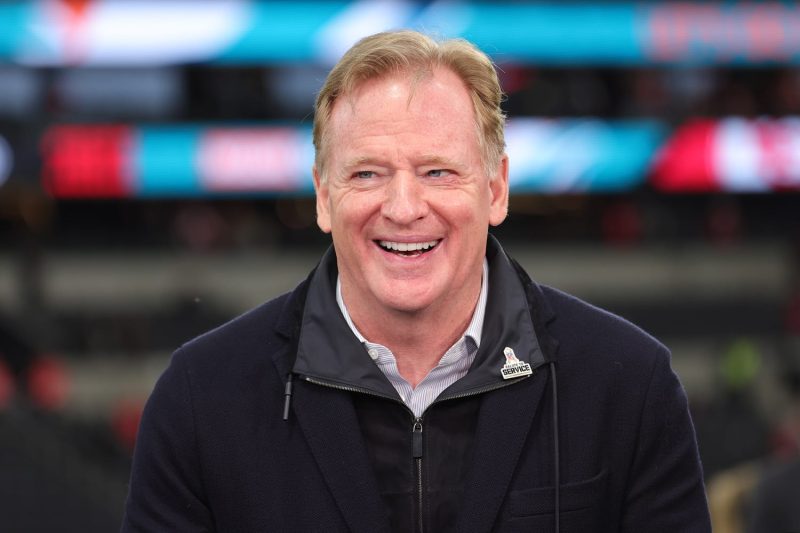In a bold move that could potentially reshape the landscape of professional sports ownership, NFL Commissioner Roger Goodell recently announced that the league is open to the idea of private equity firms holding ownership stakes in up to 10 teams. This marks a significant departure from the traditional model of ownership in the NFL, which has largely been dominated by wealthy individuals and families. The proposal has stirred up a mix of excitement, skepticism, and concern within the sports industry and among fans.
Private equity firms are known for their ability to provide capital and resources to companies in exchange for equity ownership, often with the aim of improving operational efficiencies and driving growth. By considering private equity investment in NFL teams, the league is signaling a willingness to explore alternative ownership structures that could potentially modernize and strengthen its franchises.
One of the key motivations behind the NFL’s openness to private equity ownership is the desire to unlock new sources of investment and innovation. In recent years, the league has faced challenges such as declining viewership, changing media consumption habits, and the impact of the COVID-19 pandemic on revenue streams. By allowing private equity firms to take stakes in teams, the NFL could access fresh capital that could be used to enhance the fan experience, upgrade stadium facilities, invest in new technologies, and drive growth in untapped markets.
However, the prospect of private equity ownership in the NFL also raises valid concerns and questions. Critics worry that the profit-driven nature of private equity firms could prioritize short-term financial gains over the long-term interests of the team, its players, and the fanbase. There are fears that private equity owners may push for cost-cutting measures, player salary reductions, or other changes that could negatively impact the competitive balance and integrity of the league.
Moreover, there are ethical considerations to take into account when it comes to private equity ownership in professional sports. The NFL prides itself on upholding values such as integrity, fairness, and community engagement. It remains to be seen how the league would navigate potential conflicts between the profit motives of private equity owners and its commitment to the broader public interest.
Overall, the NFL’s willingness to entertain private equity ownership represents a bold and potentially transformative step for the league. As discussions around this proposal continue, it will be essential for the NFL to carefully weigh the potential benefits and risks of private equity investment in its teams, keeping in mind the interests of all stakeholders involved. The outcome of these deliberations could have far-reaching implications for the future of sports ownership and the evolving landscape of professional football.
